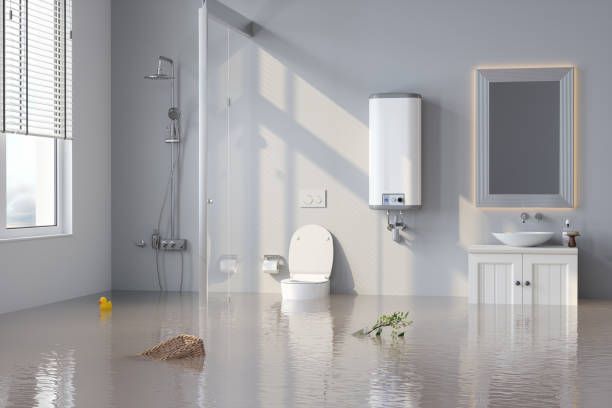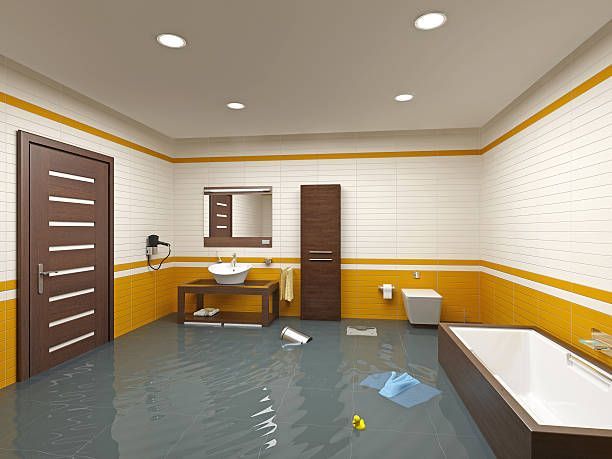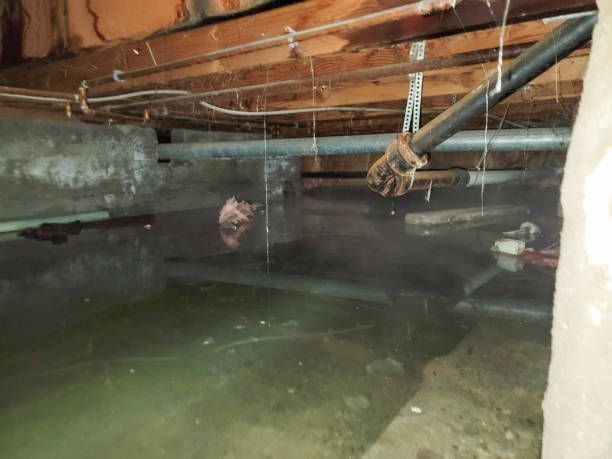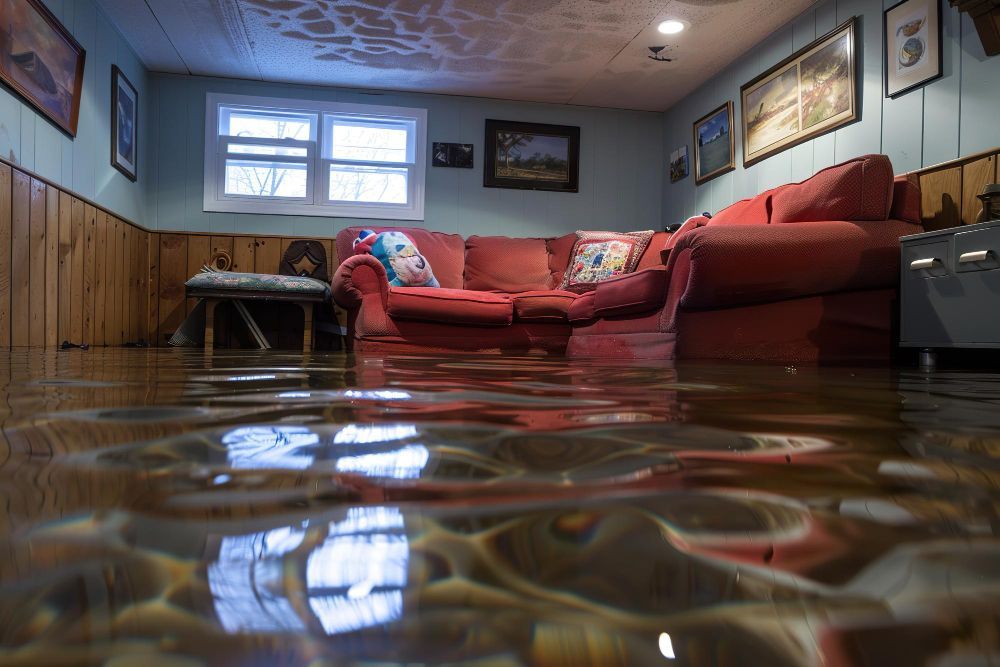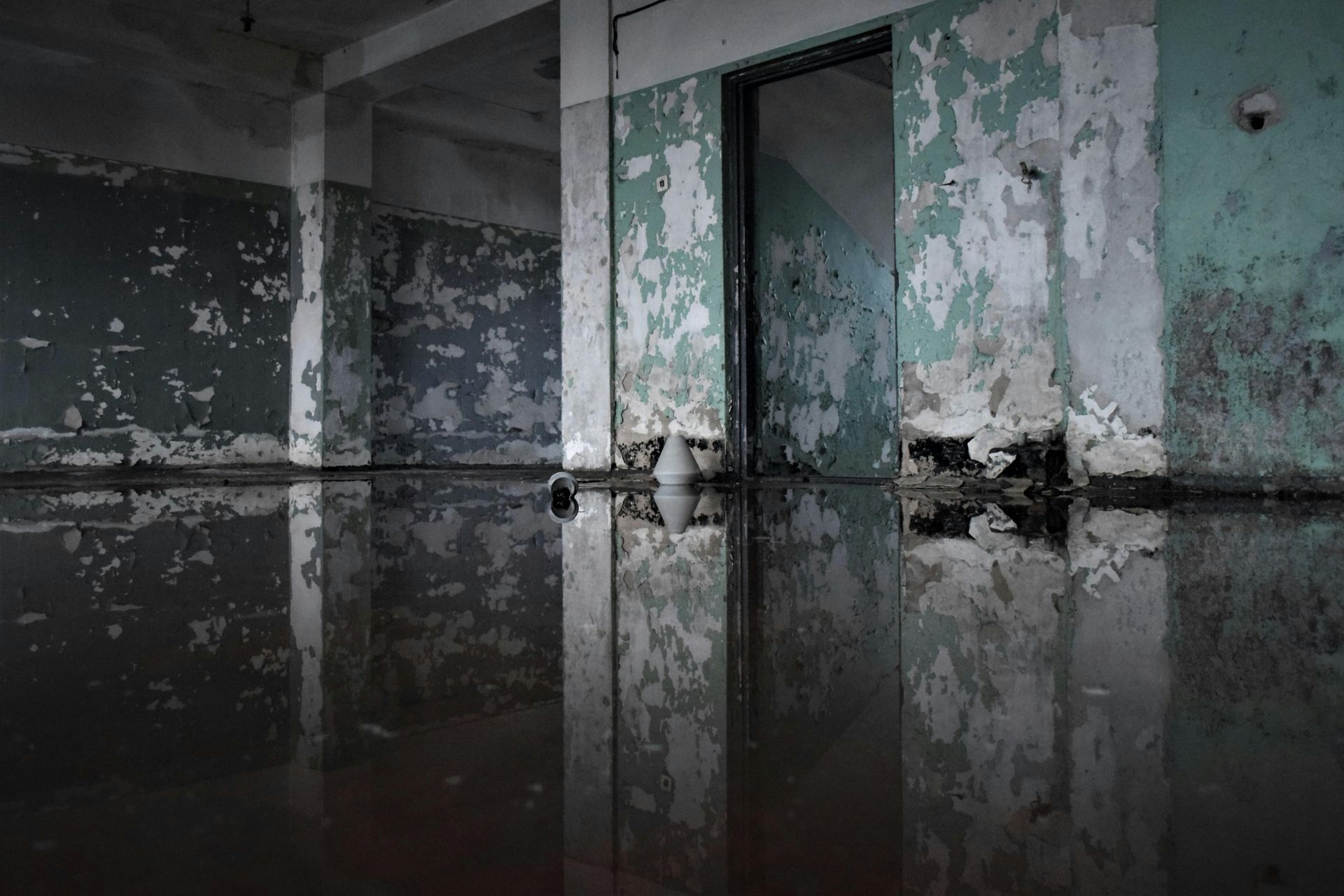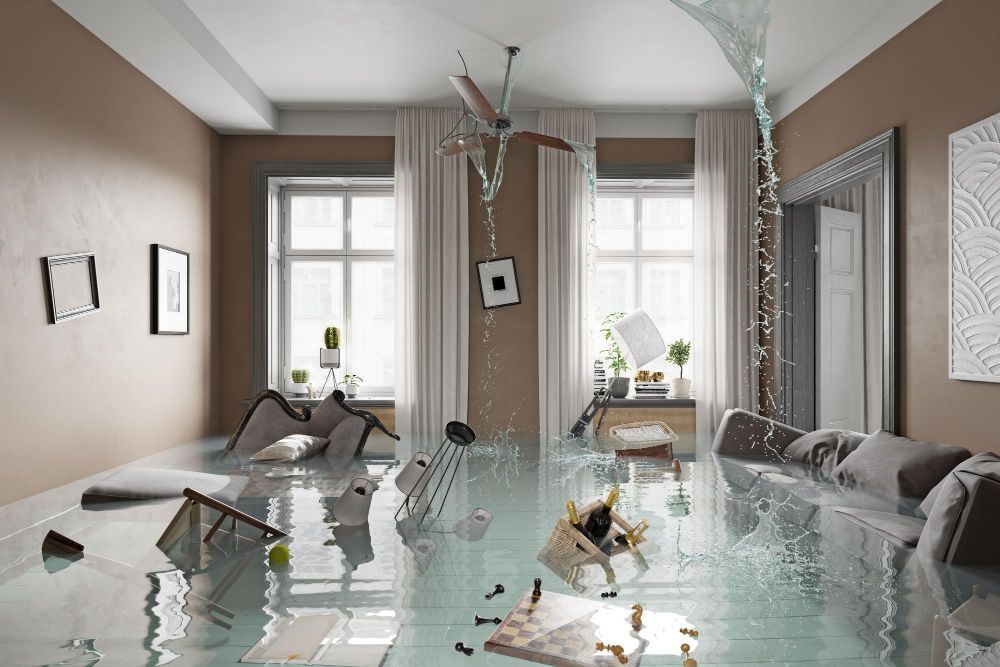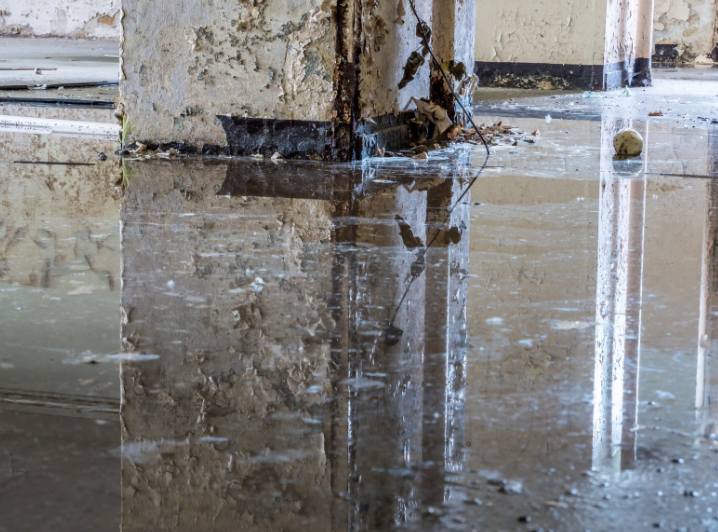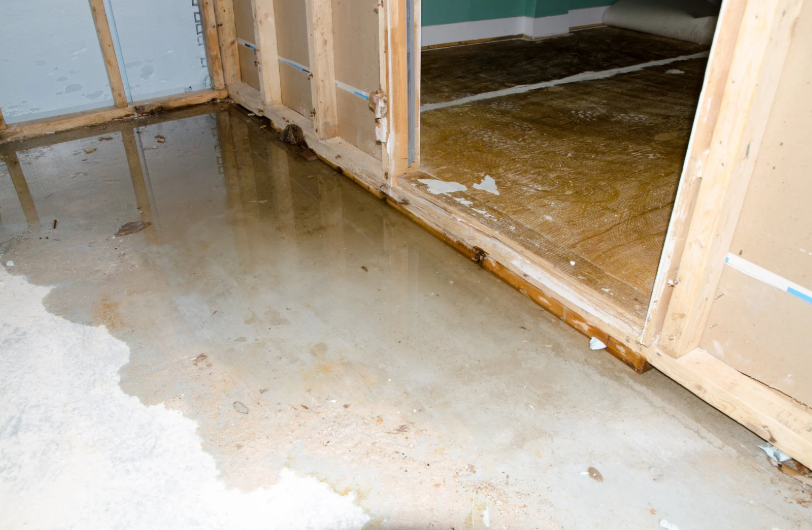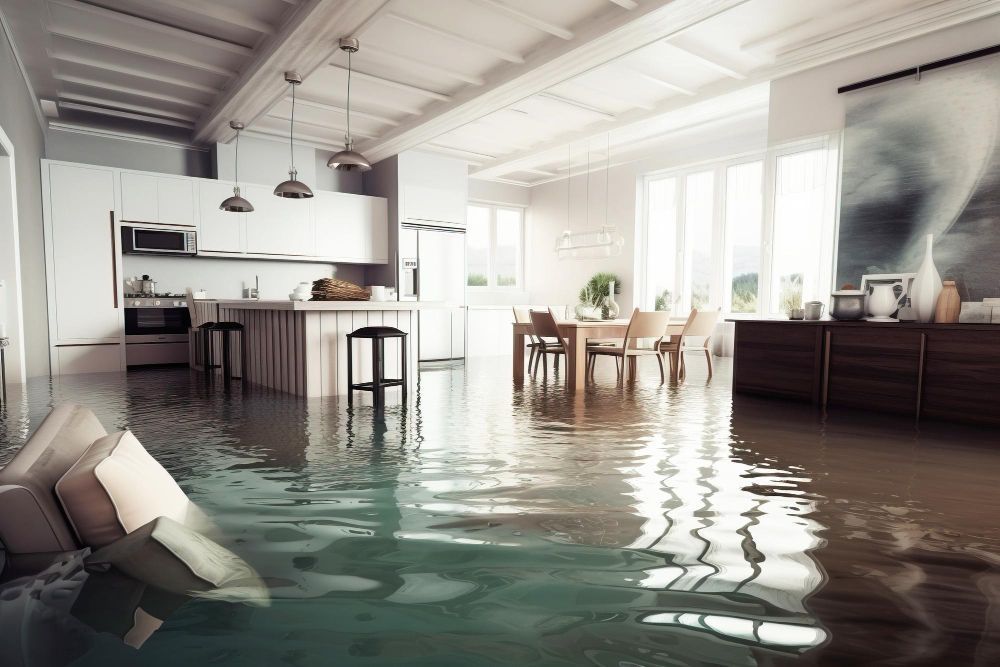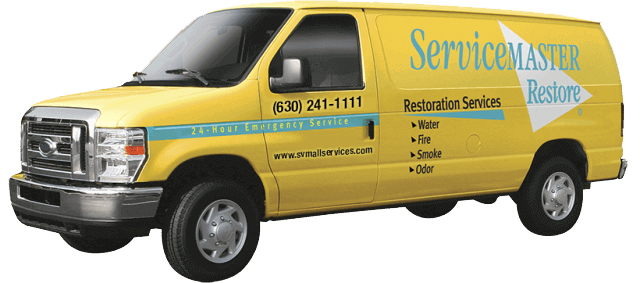Protect Your Home from Residential Water Damage Today
Residential water damage is a serious issue that can affect any home, causing long-lasting damage to your property and creating health hazards for you and your family. Whether caused by a leaking roof, faulty plumbing, or severe weather conditions, water damage can infiltrate your home’s foundation, walls, and insulation, leading to structural damage, mold growth, and compromised air quality. Addressing residential water damage early is crucial to preventing costly repairs and minimizing its impact on your home’s safety and comfort. By taking proactive steps to protect your home from water damage, such as regular maintenance and inspections, you can safeguard your property from potential disaster. It’s essential to act quickly and ensure your home remains dry and secure.
Understanding the Risks of Residential Water Damage
Residential water damage poses a significant threat to your home’s structural integrity and overall safety. Water can infiltrate through a variety of channels, including leaks, flooding, and plumbing issues. Over time, untreated water damage can lead to severe consequences, including mold growth, weakened foundations, and increased repair costs. Understanding these risks helps homeowners take preventive action before significant damage occurs.
- Structural Weakening: When water continuously infiltrates your home, it can severely weaken its structural elements. Over time, water exposure can cause the foundation to crack, wooden beams to rot, and floors to warp. These issues can affect your home’s stability, potentially leading to expensive and time-consuming repairs or even the need for full structural reconstruction.
- Mold and Mildew Growth: Mold and mildew thrive in damp, dark environments, making water-damaged areas ideal for their growth. Once mold takes root, it can spread rapidly through walls, insulation, and floors, making
cleanup more challenging and costly. Mold exposure can lead to various health issues, including respiratory problems, skin irritation, and even more severe conditions like asthma or allergies.
- Electrical Hazards: Water that comes into contact with electrical systems in your home is highly dangerous. It can cause short circuits, spark fires, or even lead to electrocution. Wiring and appliances that are exposed to moisture can malfunction, leading to unsafe living conditions. If water damage affects electrical components, they should be inspected immediately by professionals to prevent serious accidents.
- Increased Repair Costs: The longer water damage goes unaddressed, the more it spreads, leading to more extensive and costly repairs. Initial damage from leaking pipes or roof leaks can seem minor, but without immediate intervention, the water can damage insulation, drywall, and even your home’s foundation. Prompt repairs reduce overall costs and prevent further complications from arising.
- Reduced Property Value: Water damage can leave lasting signs on your home, such as stained walls, warped floors, and mold growth. These visible issues make a property less appealing to potential buyers and can significantly decrease its market value. Even after repairs, lingering concerns about hidden damage can cause potential buyers to offer lower prices or avoid the property altogether.
Common Causes of Water Damage in Homes
Water damage can stem from a range of sources, such as leaking pipes, roof leaks, faulty appliances, poor drainage systems, and severe weather events. Homeowners need to be aware of these potential risks and address them promptly. Identifying the root cause of water intrusion can make a huge difference in preventing further damage and costly repairs.
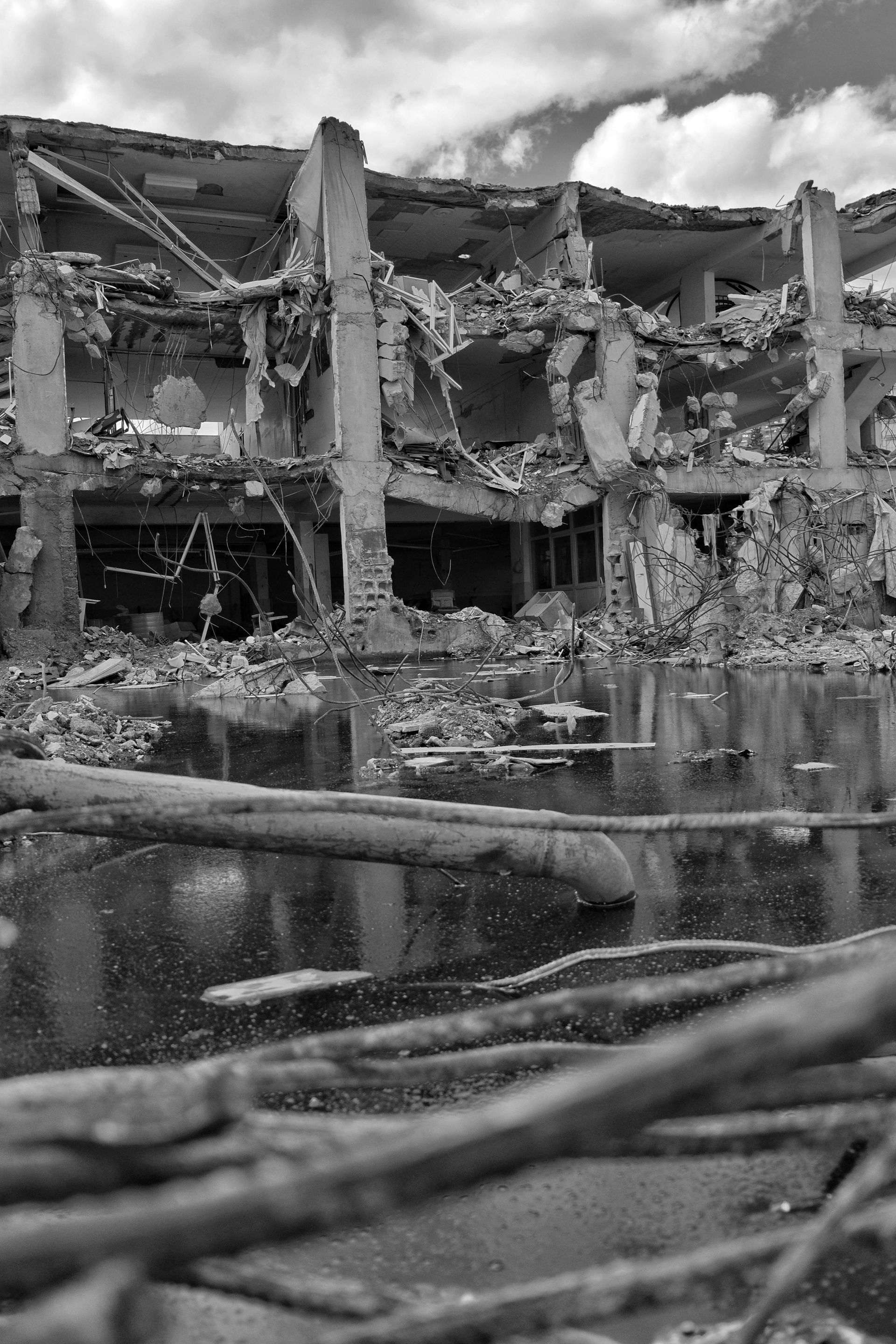
The Importance of Regular Inspections and Maintenance
One of the best ways to protect your home from water damage is by conducting regular inspections and performing preventive maintenance. Checking for leaks, clogged gutters, damaged roof shingles, or faulty appliances can help catch issues early before they escalate. Routine maintenance also ensures that your home’s plumbing and drainage systems are functioning properly, reducing the risk of water intrusion.
- Identifying Early Signs of Water Damage: Regular inspections can help identify the subtle signs of water damage that might otherwise go unnoticed, such as water stains on walls, ceilings, or floors. Detecting these early indicators allows homeowners to address the issue before it worsens, preventing expensive repairs and further water-related damage to the home’s structure and furnishings.
- Maintaining Plumbing Systems: Pipes, faucets, and appliances should be checked regularly for leaks or wear. Small leaks in plumbing systems can lead to significant water damage over time, especially if they go undetected. Regularly maintaining and repairing these systems ensures that plumbing issues are addressed before they cause costly damage to walls, floors, and insulation.
- Monitoring Roof and Gutters: Roof inspections are crucial in catching early signs of wear, such as cracked or missing shingles, loose flashing, or rusting vents. Clogged or damaged gutters can also cause water to overflow, leading to leaks or foundation issues. Regular maintenance ensures your roof remains watertight, preventing rainwater from entering the home and causing structural damage.
- Assessing Foundation and Drainage: A strong foundation is vital for a stable home, and water intrusion through cracks or poor drainage can cause significant problems. Checking the foundation regularly for cracks, as well as ensuring proper grading around the property, helps prevent water from pooling near the home and seeping into basements or crawl spaces, where it can cause significant damage.
- Preserving Property Value: Regular inspections and maintenance contribute to the overall value of your home. A well-maintained property is more appealing to potential buyers and can increase its market value. Catching and addressing issues early, such as water damage or structural concerns, ensures your home remains in good condition, which is essential for long-term investment protection.
How to Prevent Water Damage from Severe Weather
Severe weather, such as heavy rain, snowstorms, and flooding, can lead to significant water damage in your home. Homeowners in areas prone to extreme weather should invest in weatherproofing measures like reinforced roofing, upgraded drainage systems, and waterproof barriers. Taking proactive steps, such as ensuring your gutters are clear and checking for roof leaks, can minimize the risks posed by harsh weather conditions.
Waterproofing Your Home: What You Need to Know
Waterproofing is an essential part of protecting your home from water damage. Whether it’s sealing basement walls, installing sump pumps, or applying weatherproof coatings to windows and doors, effective waterproofing can prevent water from entering and damaging your home. Investing in quality waterproofing materials can extend the lifespan of your home and prevent costly repairs in the future.
The Role of Proper Drainage in Protecting Your Home
Proper drainage around your home is critical to keeping water away from your foundation. Ensure that your yard is sloped away from the house and that gutters and downspouts are working properly to divert water away. Clogged or poorly maintained drainage systems can lead to pooling water around your foundation, increasing the likelihood of leaks and structural damage.
Steps to Take Immediately After Water Damage Occurs
If water damage occurs, immediate action is crucial to preventing further harm. Start by turning off the water source, if applicable, and removing any valuable or water-sensitive items from the affected area. Contact a professional water damage restoration service to assess the extent of the damage and begin the cleanup and drying process. Timely intervention can save you from costly repairs and health issues caused by mold or mildew growth.
Conclusion
Protecting your home from residential water damage is essential to maintaining its value and ensuring the safety of your family. By being proactive with regular inspections, proper maintenance, and preventive measures, you can significantly reduce the risk of water damage and avoid costly repairs in the future.
At ServiceMaster Restoration Services in Lisle, we specialize in water damage restoration and prevention. Our expert team is ready to help you safeguard your home and respond quickly to any water damage emergencies. Let us assist you in keeping your property dry, safe, and secure.

